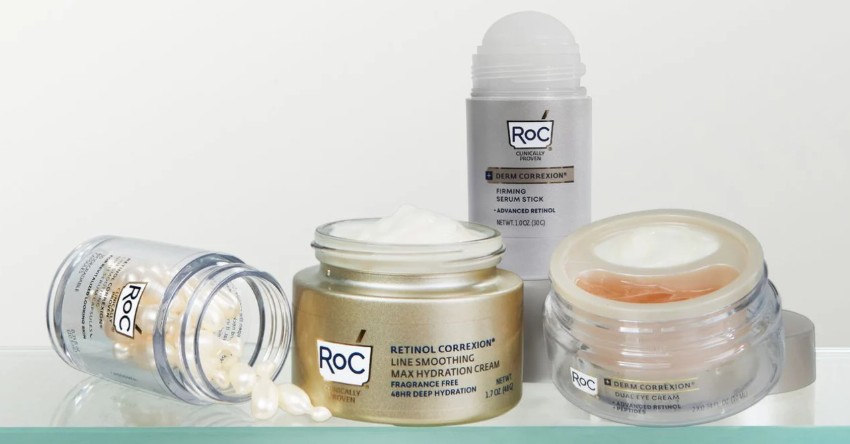Between 88% and 92% of American consumers are concerned about their transactions being private online. That figure has held steady for the past few years. So said Robert Pitofsky, Federal Trade Commission chairman in opening a public education workshop held at the FTC on Tuesday.
Pitofsky noted that while Congress has a dozen bills pending that address privacy in a commercial context, the workshop was not convened to generate enforcement targets or additional legislative proposals. Instead, he wanted to provide the FTC with an overview of current concerns and issues.
Orson Swindle, an FTC Commissioner, said that “the use of information drives our economy, making sales and marketing more efficient,” but there is “a great trust deficit” among the public regarding the private sector’s ability to govern information. He also noted that there should be concern about the government’s use of information.
In a video presentation, FTC Commissioner Mozelle Thompson advocated a uniform code of conduct for online and offline information.
At another session, on the merger and exchange of consumer data, Johnny Anderson, chief executive officer at compiled data provider HotData, outlined several types of data (geographic, demographic and psychographic customer-preference) and listed the sources compilers use to collect this information. He concluded with an overview of data matching within an existing customer file, and how it can be used to generate lookalike prospects.
Lynn Wunderman, president and CEO of I-Behavior Inc., walked the audience through the use of profiling and predictive modeling, expanding on the benefit of targeting in reducing unwanted solicitations.
Wunderman offered her own demographic and psychographic profile, based on publicly available information, as an example of the information available. She said that of the dozen or so principle data points listed, nearly all were dead-on (though the data sources she pulled from somehow missed her husband’s interest in antique motorcycles).
The workshop’s record will remain open for comment until April 13. Comments can be added through the FTC’s Web site (http://www. ftc.gov).
 Network
Network

